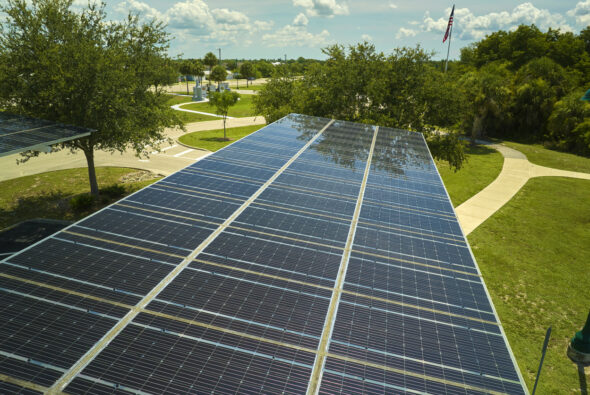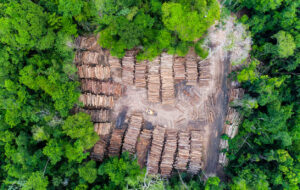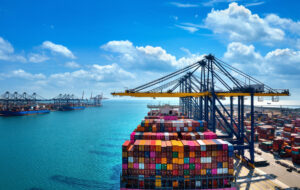Energy
Energy keeps the world moving. We help you define its future. The energy, mining and renewables sectors are transforming under the weight of market disruption, regulation and climate imperatives. As a result, leadership in this field requires bold strategy, technical depth and a global perspective.

Charting the Future of Energy
We understand that resource depletion, supply chain shocks and global shifts in demand are just some of the challenges you need to navigate. The path forward is complex, but full of opportunity. Our consultants bring deep sector insight and real-world experience to help you manage risk, improve performance, and scale sustainably.
From navigating ESG frameworks to optimising operations in volatile markets, we deliver practical, tailored solutions rooted in your industry’s realities. We can support your ambition to grow responsibly and lead with impact. Because in a world powered by energy, it’s not enough to keep up. You need to shape what comes next.
Energy Intelligence
What Moore’s team of global experts can do for your business
We have the right people who will understand your energy business, provide you with a tailored advisory service, and be proud to work with you as a trusted business partner.
-
Digital
Simplifying digital strategy with practical, immediate steps to position your business for digital leadership.
-
Results delivery
Predicting, measuring, and managing risks to drive measurable business outcomes in a dynamic global environment.
-
Operations
Reimagine your operations – from supply chain to procurement—to unlock growth, reduce costs and enhance strategy execution.
-
Strategy
Providing clear analysis of future market trends and practical business solutions to support informed strategic decisions.
-
Mergers and Acquisitions
Enhancing M&A success with an integrated approach, linking acquisition strategy, commercial diligence, and merger integration.
-
Sustainability
Guiding businesses through the transition to net-zero emissions with practical solutions for sustainable growth.
-
Cybersecurity
Mitigating cyber risks with expert consulting, security services, and cutting-edge protection strategies to safeguard your business.

Join Moore at the US Africa Energy Forum 2025
August 6 –7, 2025
Post Oak Hotel, Galleria, Houston, Texas, USA
Key Contacts
Speak to an expert today
Our professionals are dedicated to understanding your unique challenges and turning opportunities into lasting impact
- Contact Us
- Proposal Request
- Join Global Network
"*" indicates required fields
"*" indicates required fields























